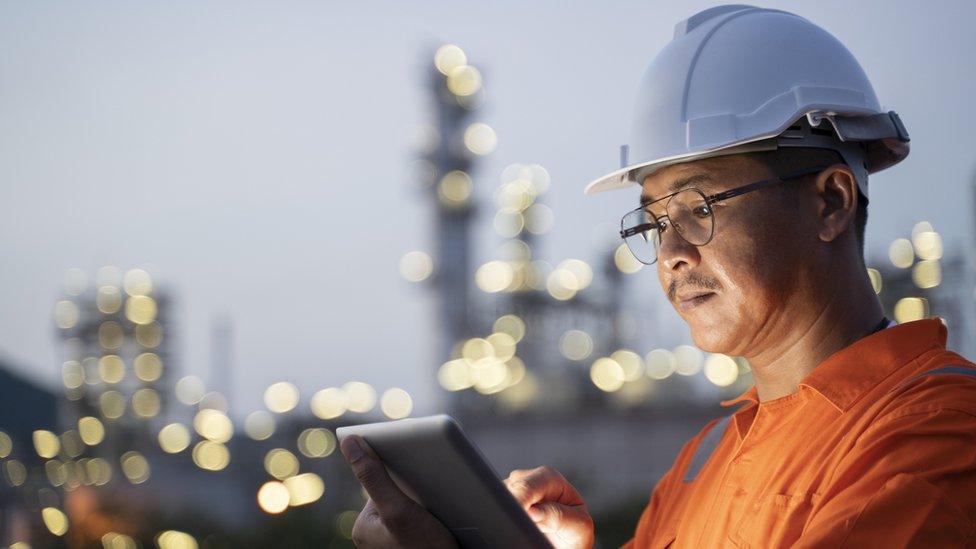Cost-of-living crisis: Labour say Parliament must be recalled
- Published
- comments
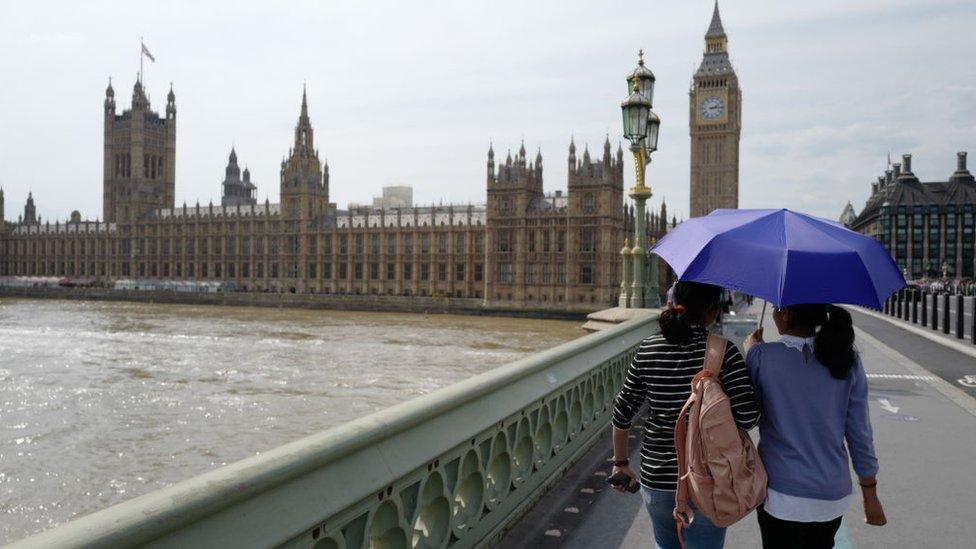
MPs are not due to return from summer recess until 5 September
Labour has called for MPs to return to Parliament early to deal with the cost-of-living crisis.
Thangam Debbonaire, the shadow leader of the House of Commons, has written to the prime minister asking him to recall MPs two weeks early on 22 August.
She said new policies were needed before a rise in the energy price cap in October.
But the government said it was already supporting people now - and new fiscal decisions would be for the next PM.
A spokesperson said the government was focused on "delivering for the public" and was continuing to provide financial support, including a £400 discount on energy bills.
Experts expect the energy price cap - the maximum amount suppliers can charge their customers in England, Scotland and Wales - to hit £3,582 in October.
The average bill was £1,400 a year in October 2021.
And by January 2023, the next time the cap is due to be changed, energy industry analysts Cornwall Insight predict it will go up again to £4,266.
In her letter, Ms Debbonaire told Mr Johnson the country faced an "urgent choice".
She said: "Across Britain, people are having to make unthinkable choices about how to pay their bills, causing endless worry for households and businesses.
"That is why I am writing to you today to urge you to bring Parliament back early on Monday 22 August so that we can freeze the energy price cap now ahead of winter.
"Families deserve a government that is on their side, and is ready to take the action needed now to meet the scale of this national emergency."
Labour is calling for the energy price cap to be frozen for six months, funded partly by an increased windfall tax - and has claimed the proposals would save the average household £1,000. But economists have said it would be a very expensive plan.
The two contenders for Conservative Party leader, Liz Truss and Rishi Sunak, have indicated they are not keen on extending the windfall tax on oil and gas companies - or freezing the price cap - meaning it is unlikely to happen unless they have a change of heart.
Ms Truss says she will tackle the crisis by reversing the National Insurance rise, suspending the green levy part of energy bills and cancelling a planned rise in corporation tax.
Mr Sunak says getting control of inflation is the most pressing issue. He has promised to reduce VAT on domestic energy bills from 5% to zero and to cut 3p off income tax by 2029.
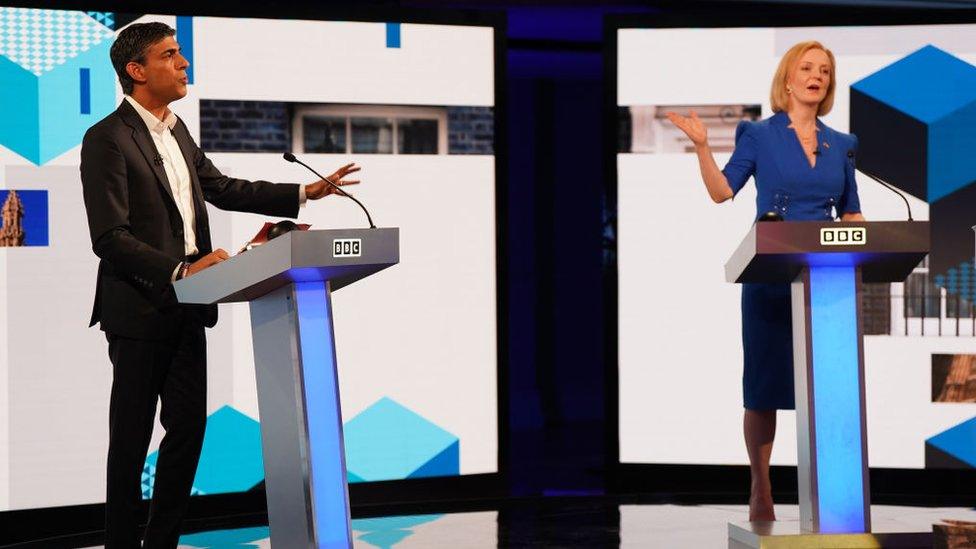
Conservative leadership contenders Rishi Sunak and Liz Truss have different approaches to tackling the cost of living crisis
The increase in the cost of living is putting a squeeze on people's finances, as wages fail to keep up.
This week figures showed UK inflation rose above 10% in July for the first time in 40 years.
The Bank of England's governor Andrew Bailey has said "the Russia shock is now the largest contributor to UK inflation".
But pay increases for many are not keeping up with rising prices, sparking the fastest fall in real pay on record.
This comes as consumer confidence has hit a record low, according to market research company GfK.
Its long-running Consumer Confidence Index fell three points in August to -44, its lowest figure since records began in 1974.
The index provides a snapshot of how UK consumers view their finance and the economy.
Related topics
- Published7 August 2022
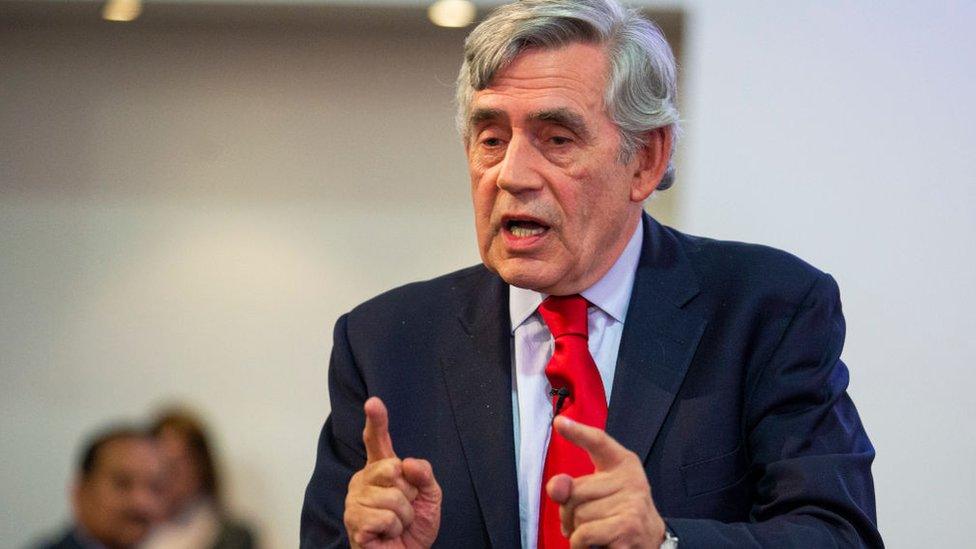
- Published15 August 2022
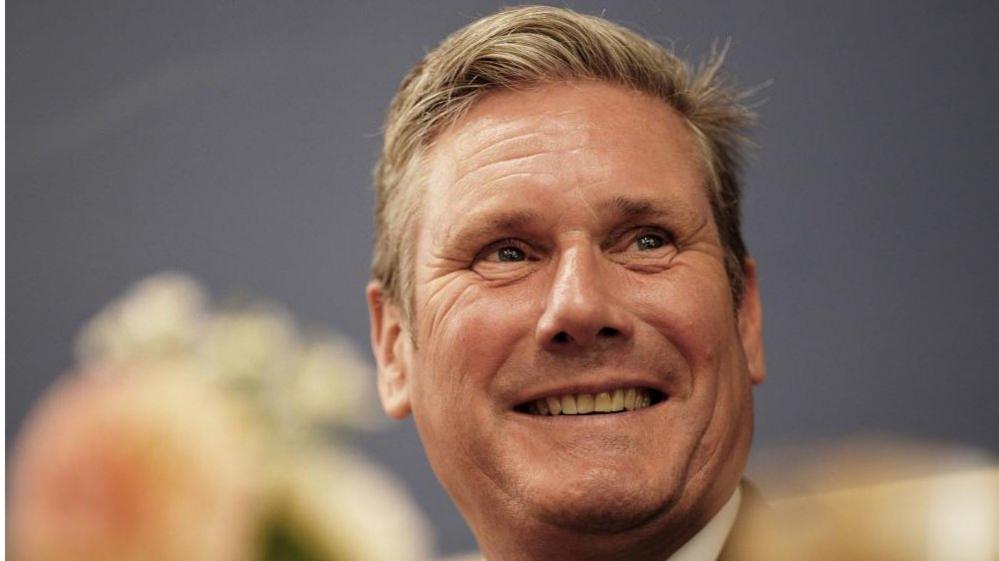
- Published9 August 2022
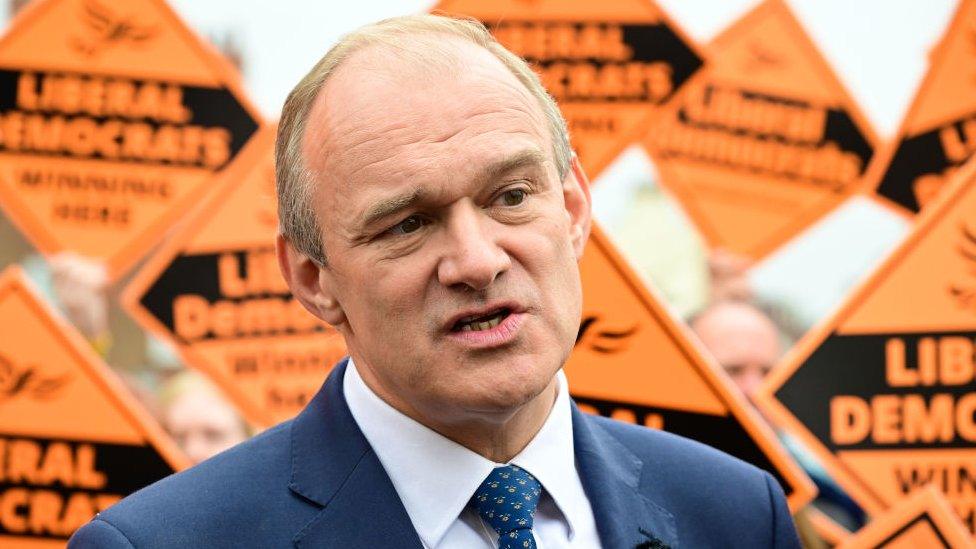
- Published10 August 2022
